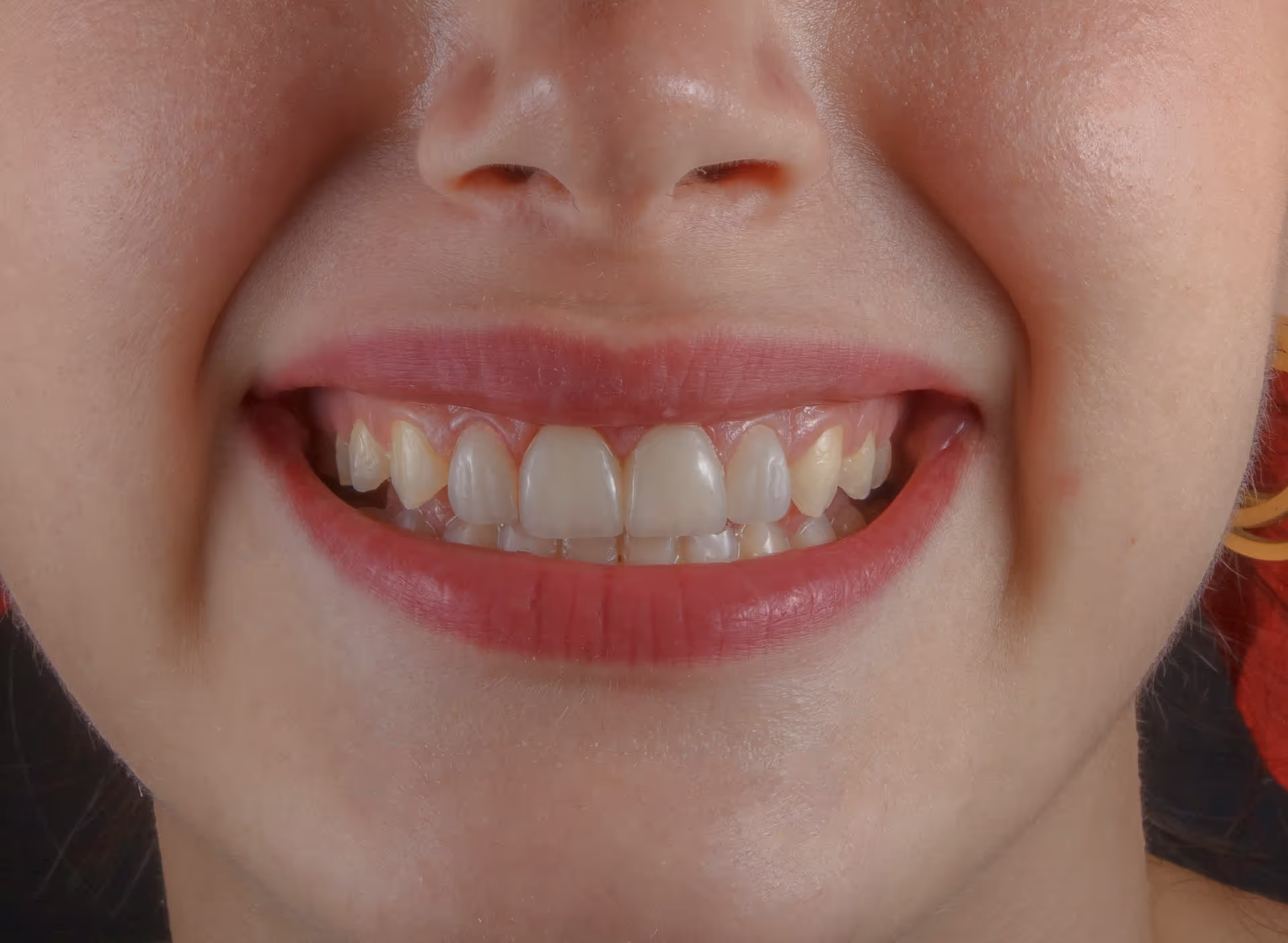Sleep apnea is a prevalent yet often undiagnosed sleep disorder that affects millions worldwide. Characterized by interrupted breathing during sleep, it can lead to fragmented rest and a host of health complications. Understanding the intricacies of sleep apnea and the available treatment modalities is crucial for those seeking to reclaim their nights and enhance their overall well-being.
What is Sleep Apnea?
Sleep apnea is a disorder characterized by repeated interruptions in breathing during sleep. These interruptions, known as apneas, can last from a few seconds to minutes and may occur multiple times throughout the night. The most common types of sleep apnea include:
- Obstructive Sleep Apnea (OSA): This is the most prevalent form, occurring when throat muscles intermittently relax and block the airway during sleep.
- Central Sleep Apnea (CSA): Unlike OSA, this type happens when the brain fails to send proper signals to the muscles that control breathing.
- Mixed Sleep Apnea: A combination of both obstructive and central sleep apnea.
Recognizing the Symptoms
Identifying sleep apnea is the first step toward effective treatment. Common symptoms include:
- Loud and persistent snoring
- Episodes of paused breathing observed by others
- Gasping or choking sensations during sleep
- Excessive daytime sleepiness
- Morning headaches
- Difficulty concentrating
- Irritability or mood changes
These symptoms not only disrupt sleep but can also lead to long-term health issues such as hypertension, cardiovascular disease, diabetes, and impaired cognitive function.
The Importance of Treating Sleep Apnea
Untreated sleep apnea can have profound effects on both physical and mental health. Chronic sleep disruption can lead to:
- Increased risk of heart disease and stroke
- Elevated blood pressure
- Weight gain and obesity
- Type 2 diabetes
- Depression and anxiety
- Decreased quality of life and impaired daily functioning
Effective treatment is essential not only for alleviating symptoms but also for preventing these serious health complications.
Comprehensive Treatment Options for Sleep Apnea
Treating sleep apnea involves a multifaceted approach tailored to the individual's specific type and severity of the disorder. The primary treatment options include:
- Lifestyle Modifications:
- Weight Loss: Reducing body weight can decrease fat deposits around the neck, alleviating airway obstruction.
- Positional Therapy: Sleeping on the side rather than the back can prevent the tongue and soft tissues from blocking the airway.
- Avoiding Alcohol and Sedatives: These substances can relax throat muscles, exacerbating airway blockage.
- Regular Exercise: Enhancing overall muscle tone can contribute to better airway function.
- Continuous Positive Airway Pressure (CPAP) Therapy: CPAP is the most commonly prescribed treatment for moderate to severe obstructive sleep apnea. It involves wearing a mask connected to a machine that delivers a continuous stream of air, keeping the airway open throughout the night. While highly effective, some individuals find CPAP machines cumbersome or uncomfortable.
- Oral Appliance Therapy: Oral appliances are a popular alternative for those with mild to moderate sleep apnea or those who cannot tolerate CPAP. These custom-fitted devices work by repositioning the lower jaw and tongue to maintain an open airway. Benefits of oral appliance therapy include:
- Portability: Being small and lightweight, oral appliances are easy to transport.
- Comfort: They are generally more comfortable for some individuals compared to CPAP masks.
- Customization: Tailored to fit the unique dental structure of each user, ensuring effectiveness and comfort.
- Regular consultations and adjustments ensure that the appliance remains effective and comfortable over time.
- Surgical Interventions: Surgery is considered when other treatments are ineffective or unsuitable. Surgical options aim to remove or reduce tissue obstruction, reposition anatomical structures, or increase airway size. Common surgical procedures include:
- Uvulopalatopharyngoplasty (UPPP): Removal of excess tissue from the throat.
- Maxillomandibular Advancement: Advancement of the upper and lower jaw to enlarge the airway.
- Nasal Surgeries: Correcting structural issues in the nasal passages to improve airflow.
- Surgery carries the risks inherent to any surgical procedure and is typically reserved for specific cases.
- Adaptive Servo-Ventilation (ASV): ASV is a specialized form of positive airway pressure therapy tailored for central sleep apnea and complex sleep apnea. It adjusts the pressure in response to detected breathing patterns, providing a more customized treatment approach.
- Hypoglossal Nerve Stimulation: This innovative treatment involves a surgically implanted device that stimulates the nerve controlling the tongue, preventing it from blocking the airway during sleep. It is typically considered for individuals with moderate to severe obstructive sleep apnea who have not responded to other treatments.
Advances in Sleep Apnea Treatment
The field of sleep medicine continually evolves, bringing forth innovative treatments and improvements in existing therapies. Recent advancements include:
- Smart CPAP Machines: Equipped with sensors and connectivity features, these machines can adjust pressure settings in real-time and provide data monitoring.
- 3D-Printed Oral Appliances: Enhanced customization and precision in device fabrication lead to better comfort and effectiveness.
- Telemedicine Consultations: Remote evaluations and follow-ups enable easier access to treatment adjustments and support.
- Bi-level Positive Airway Pressure (BiPAP): Provides different pressure levels for inhalation and exhalation, enhancing comfort for some users.
Choosing the Right Treatment
Selecting the appropriate treatment for sleep apnea depends on various factors, including the type and severity of the disorder, anatomical considerations, and individual preferences. A comprehensive evaluation by a healthcare professional is essential to determine the most effective and suitable therapy.
The Path to Restful Nights
Addressing sleep apnea is a vital step toward improving overall health and quality of life. With a range of treatment options available, individuals can find a solution that best fits their needs and lifestyle. Whether through lifestyle changes, innovative devices, or medical interventions, effective management of sleep apnea is within reach, paving the way for more restful and rejuvenating nights.
